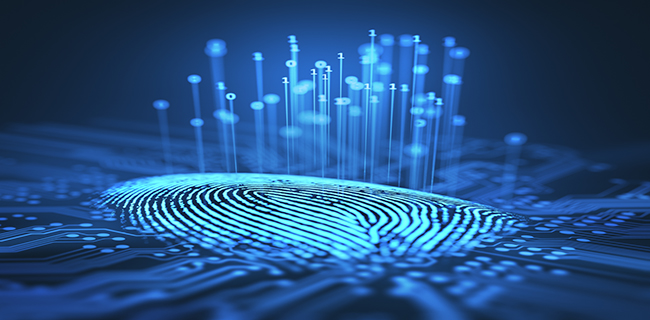Forensic science (often shortened to forensics) is the application of a broad spectrum of sciences to answer questions of interest to the legal system. This may be in relation to a crime or to a civil action. The use of the term “forensics” in place of “forensic science” could be considered incorrect; the term “forensic” is effectively a synonym for “legal” or “related to courts” (from Latin, it means “before the forum”). However, it is now so closely associated with the scientific field that many dictionaries include the meaning given here.

Criminalistics is the application of various sciences to answer questions relating to examination and comparison of biological evidence, trace evidence, impression evidence (such as fingerprints, shoeprints, and tire tracks), controlled substances, firearms, and other evidence in criminal investigations.
Some of the forensic science disciplines are:
Forensic odontology is the study of the uniqueness of dentition.
Forensic toxicology is the study of the effect of drugs and poisons on the human body.
Forensic engineering studies the causes of failure of devices and structures.
Forensic accounting is the study and interpretation of accounting evidence.
Forensic psychology and forensic psychiatry deal with the legal aspects of human behavior.
Forensic anthropology is the application of physical anthropology in a legal setting, usually for the recovery and identification of skeltonized human remains.
Forensic entomology deals with the examination of insects in, on, and around human remains to assist in determination of time or location of death.
Forensic evidence deals with scientific evidence from a crime scene to convict a possible criminal. 







